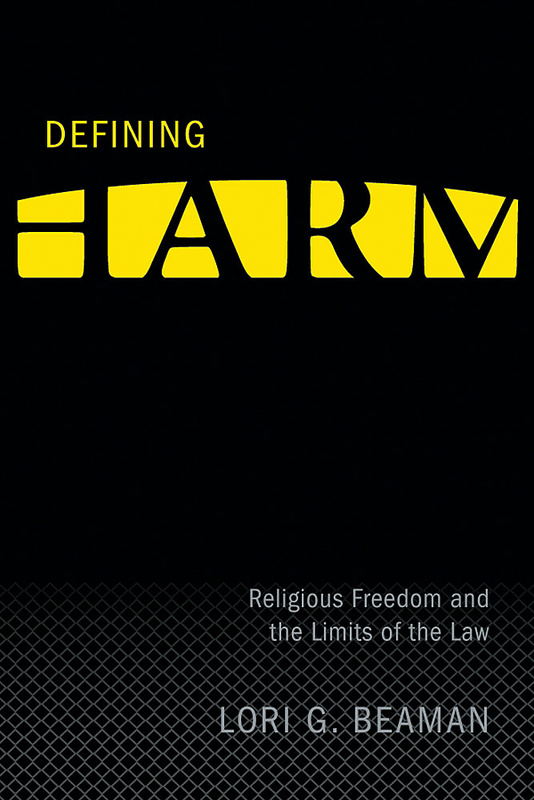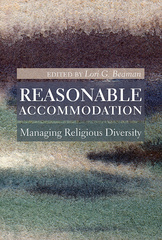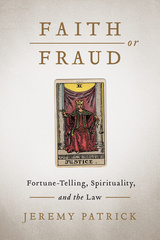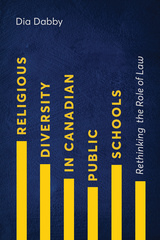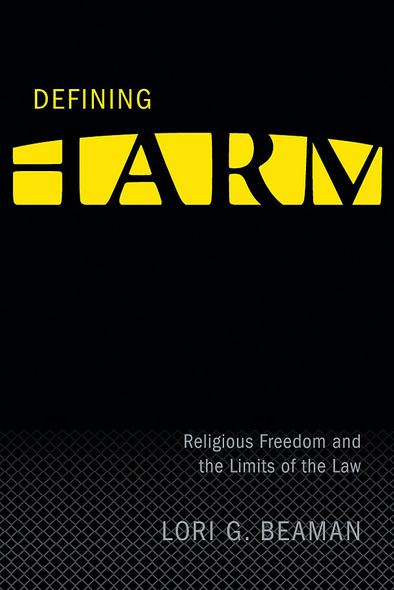
In the past several years religion has increasingly become an integral component of discussions about diversity and multiculturalism in Canada. Of particular concern has been the formulation of limits on religious freedom. Defining Harm explores the ways in which religion and religious freedom are conceptualized and regulated in a cultural context of fear of the “other” and religious “extremism.”
Drawing from literature on risk society, governance, feminist legal theory, and religious rights, Lori Beaman looks at the case of Jehovah’s Witness Bethany Hughes who was denied her right to refuse treatment on the basis of her religious conviction. The B.H. case, as it was known in the courts, reflects a particular moment in the socio-legal treatment of religious freedom and reveals the specific intersection of religious, medical, legal, and other discourses in the governance of the religious citizen.
A powerful examination of the governance of a religious citizen and of the limits of religious freedom, this book demonstrates that the stakes in debates on religious freedom are not just about beliefs and practices but also have implications for the construction of citizenship in a diverse nation.
Preface
Acknowledgments
1 Introduction: The Culture of Fear and the Risk Paradigm
2 Body, Mind, and Soul: The Notion of Governance
3 Risk and Excess
4 A Free and Informed Will
5 Conclusion: Governmentality, Risk, and Religious Freedom
Notes
References
Index

